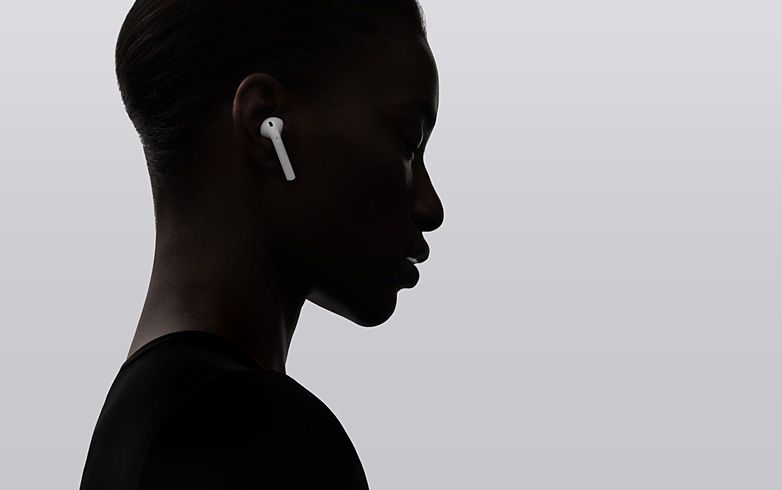In 2017, Congress set a deadline of August 2020 for the FDA to release a draft of the regulations for Over the Counter (OTC) hearing aids that would offer a self-fitting solution for persons with mild to moderate hearing loss. The COVID pandemic delayed the release, but there is reason to hope that the draft regulation will be released this year. However, we note that given the time required for public responses to the draft regulation (usually two months), the time for the FDA to review the responses and release a final regulation (usually six months), the final regulation will likely not take effect until 2022.
As we bring the 2021 Better Hearing Month to a close, it gives us an opportunity to re-assess our hearing goals and the status of our hearing ability. Research has shown that many individuals underestimate their hearing loss when asked how severe their hearing problem is. Take a moment to have a discussion with your family about the listening environments they notice you struggle to hear. Take the step to have your hearing tested so you have the knowledge to make an informed decision about whether the OTC hearing aids will provide benefit. The amplification (or gain) that is appropriate for mild-moderate losses is what will be specified in the FDA regulations. If the degree and configuration of your hearing loss is outside the range of the OTC devices, you can have a discussion with your hearing professional about treatment options.
 For many, delaying a hearing test and getting your hearing loss treated may be due to stigma surrounding wearing hearing aids. This seems to be fading as we see more individuals wearing devices such as Air Pods and similar wireless earbud devices every day at work or when we are out shopping. These devices bring music and our mobile phone conversations directly to our ears, just like many modern hearing aids can do. Apple just announced several new features that will further increase the accessibility of these “wearable” devices. One is the ability to upload your audiogram (hearing test results) to Headphone Accommodations to customize amplification and noise reduction to your hearing needs. The sound recognition feature listens for specific sounds (doorbells, fire alarms, etc.) and uses algorithms to notify you when those sounds occur.
For many, delaying a hearing test and getting your hearing loss treated may be due to stigma surrounding wearing hearing aids. This seems to be fading as we see more individuals wearing devices such as Air Pods and similar wireless earbud devices every day at work or when we are out shopping. These devices bring music and our mobile phone conversations directly to our ears, just like many modern hearing aids can do. Apple just announced several new features that will further increase the accessibility of these “wearable” devices. One is the ability to upload your audiogram (hearing test results) to Headphone Accommodations to customize amplification and noise reduction to your hearing needs. The sound recognition feature listens for specific sounds (doorbells, fire alarms, etc.) and uses algorithms to notify you when those sounds occur.
These exciting new developments continue to combine hearing treatment such as hearing aids or cochlear implants with other technologies such as our smart phone or other assistive devices. In a world of connectivity and assistance at our fingertips, let us not endure just hearing OK, but hearing great no matter what the level of your hearing loss is!